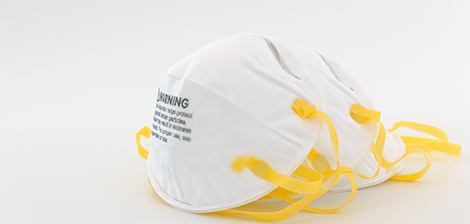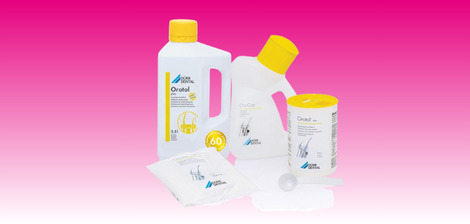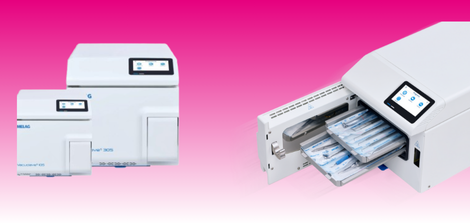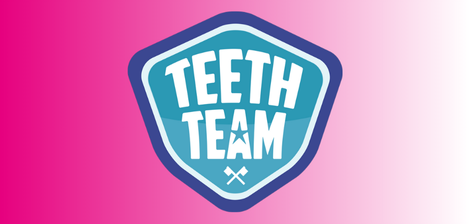White Knight Health Respirator Masks (CHM045, CHM046) FAQS
1. Are the White Knight Health respirator masks FFP2s?
No, they have been incorrectly labelled by the manufacturer as both “FFP2” and “KN95”, when in fact they are just certified as being KN95 currently. We apologise for the confusion this has caused – please be assured that our latest supply (due in mid-June) of respirator masks will have the correct markings.
The reason why the manufacturer marked up as both FFP2 and KN95 (as well as including the FDA logo in some cases) was because they were anticipating the Type Approval and certification for FFP2 in order to get the CE mark. However, the Approval process and the production process did not sync due to the pace of everything that is going on currently. The Type Approval test has taken much longer than expected as every manufacturer is trying to go through it and there are a limited number of Bodies that can test and approve. We should have more documentation from the testing process required for CE certification in the next few weeks. We understand that similar processes are ongoing in the US.
2. Are the White Knight Health respirator masks counterfeit?
No, please be assured that DD have taken all possible steps to ensure products we offer are of the required standard, including where possible visits to factories, comprehensive due diligence of the suppliers and evaluation of available product performance data. We only offer goods that have either been fully certified to EU standards or have an equivalent international standard (as is the case for these KN95s) and been submitted to an approved body (Notified Body) for assessment and approval in line with the concessions allowed under the EU Recommendation 2020/403 for PPE.
3. What is the EU Recommendation 2020/403?
In the context of the COVID-19 pandemic the EU has published a recommendation on conformity assessment and market surveillance procedures for PPE, especially face masks, but also gloves, protective coveralls and eyewear protection. The European Commission is encouraging Notified Bodies to process applications for CE marking swiftly and to consider non-harmonised standards for certification. This guidance has been given to enable more product to be placed on the market in the EU more quickly. It also aims to reduce the risk of medical professionals and first responders, not having access to the correct or to sufficient PPE. A key element of this is that products can be legally placed on the market whilst the CE assessments are being conducted.
4. What standards do the White Knight Health respirator masks meet?
These are KN95 masks meaning they have been tested according to the Chinese KN95 standard and have successfully passed all tests enabling them to be KN95 certified. KN95s are very similar to the American N95 masks i.e. they need to go through similar testing processes and to similar specification to achieve that level of certification.
FFP2 masks are also very similar in terms of filtration capability to the KN95 and N95. However, the main difference is that FFP2s require a paraffin oil test in order to be certified as FFP2. KN95 and N95 masks do not require a paraffin oil test.
5. Does the lack of paraffin oil test make a difference to the protection from coronavirus? No.
The WHO and other European organisations have stated that N95s (which do not undergo a paraffin oil test) and FFP2s (which do undergo a paraffin oil test) will provide comparable protection against coronavirus.
6. So, if N95s are acknowledged to be similar to FFP2s, does the same apply for KN95s?
Yes, the WHO guidelines state “personnel should wear a particulate respirator at least as protective as a NIOSH-certified N95, an EU standard FFP2, or the equivalent”. The technical specifications for N95, KN95 and FFP2 are similar (with the exception of the paraffin oil test) and are recognised as being equivalent in terms of performance and functionality.
In light of the change in policy/procedures within dental practices for staff to wear PPE rather than surgical masks, a risk assessment should be carried out. This should include assessment of the fundamental change in policy/procedure as well as consideration of the use of masks conforming to equivalent standards to FFP2, to rationalise why they may choose to purchase an N95 or KN95 in light of the current lack of available options due to limited supplies of respirators.
In addition, there is a new regulation due out any day now (it has currently been approved in draft format) which states that the paraffin oil test is not required for Covid-19 certification. We can provide further details once we have the official report.
7. Should I be using an FFP3 instead?
FFP3s are “best practice” to use for aerosol generating procedures (AGPs) as they provide 99% filtration efficiency versus FFP2s which provide 94% or N95s/KN95s which provide 95%. However, the HSE and PHE have advised that during the current pandemic, when FFP3s are not available, FFP2s (or an equivalent) are “acceptable” and “pragmatic” to use. This is endorsed by the WHO. DD will have stock of FFP3s by mid-June.
8. Can I see the certification for the White Knight Health KN95s?
Yes. They have been tested by a China National Accreditation Service (CNAS) accredited body against the KN95 standard. In these tests the filtration efficiency of the mask reached 99%, surpassing the 94% requirement of the EU FFP2 standard. Orginal Chinese report & English translated report.
9. A webinar I watched suggested that respirator masks with ear loops or those that come in packs of 3 are all counterfeit. Is this true?
No. DD have not seen sufficient evidence to support this claim. The KN95 masks have been tested according to the Chinese KN95 standard and have successfully passed all tests enabling them to be KN95 certified. As mentioned, we are awaiting further tests to enable Covid-19 certification.
The sweeping statement made in the webinar is not evidence based. KN95s do often come with ear loops. The relevant standards do not explicitly specify the type of retaining straps required, the critical factor is how well the mask creates a seal on the face irrespective of the method of retention. Both methods of retention can be used on compliant masks though it is acknowledged that straps around the back of the head do in theory provide some advantages. We are sourcing straps that can be attached to the loops for a more secure fit if required.
10. What is the MHRA stance?
FFP2/3s fall under PPE regulations and the MHRA do not have jurisdiction over these products unless they also conform to the Medical Device regulations, which for masks is unusual due to the inherent difference in product functionality.



